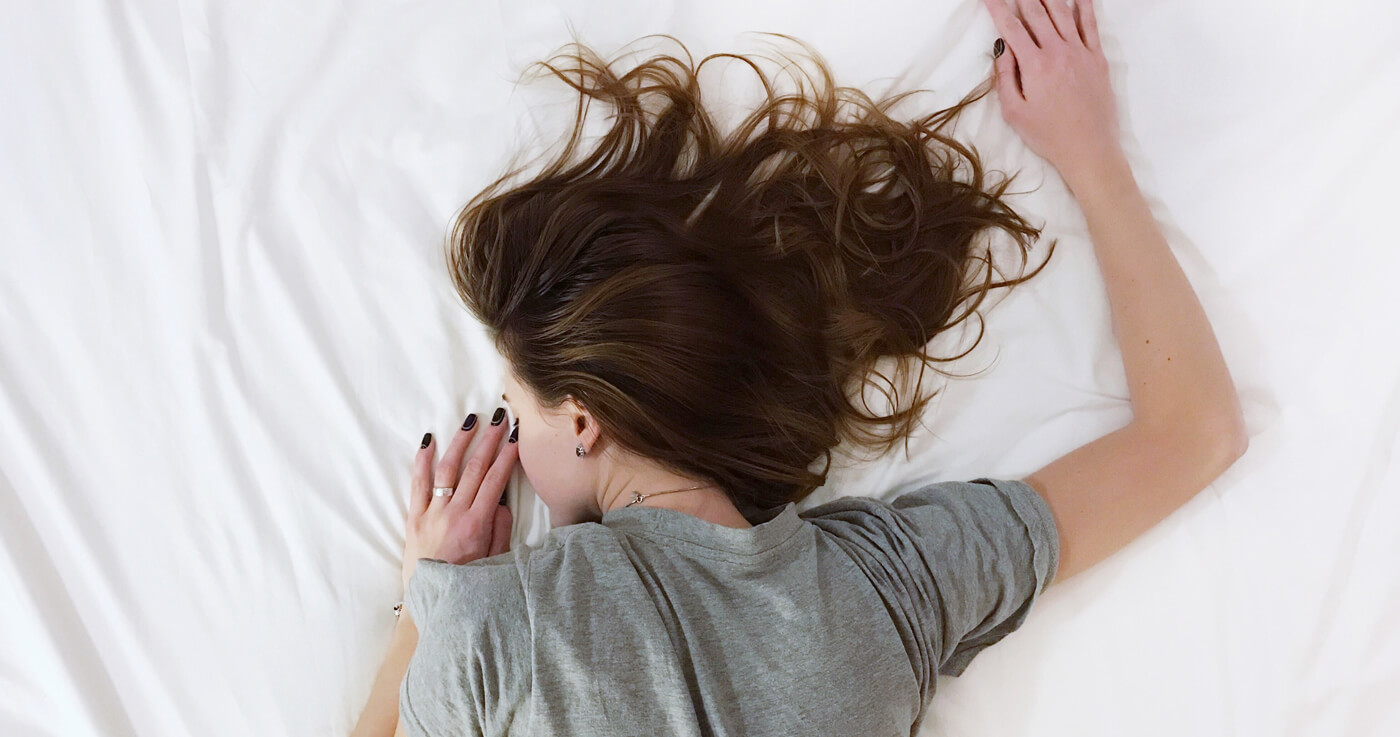Finding it hard to fall asleep? Try some of these helpful tips...
19th Sep 2023

We’ve all been there: tossing and turning, feeling hot and bothered, and finally just as you begin to drift off… no, you’re awake again. Struggling to fall asleep can be incredibly frustrating, especially for those of us who endure this night after night. There are many factors that could be causing your poor night’s sleep, such as stress, anxiety, or bodily pains. Although tackling this issue can be a nightmare, here are a few tips to ease the tension.
Professor Richard R. Bootzin of the University of Arizona Sleep Lab has studied different psychological approaches used to treat insomnia. One of the most successful approaches to come out of this study is ‘stimulus control therapy’. This technique means that when you’re struggling to fall asleep, instead of laying restless in bed, the best thing to do is to get up and out of the bedroom. Physically distancing yourself from your bed means that you won’t be polluting your place of rest with your frustrated emotions. Cutting this negative association should help you to relax when you do return to bed. In other words, if it’s your bedtime and you aren’t sleepy, don’t stress. Get up and do something relaxing and enjoyable, like reading or meditating, until you feel like you ready to fall asleep.
Another type of treatment for restless sleeping is Cognitive Behavioural Therapy (CBT). This therapy aims to help sufferers identify problematic thoughts or behaviours when trying to get to sleep (such as worrying, or doing wakeful activities like watching TV). Pinpointing these behaviours means that we can change them. Some CBT techniques could include reducing the amount of time you spend in bed (i.e. when you wake up, get up), and setting your alarm for the same time every day, regardless of what time you fall asleep.
Studies have also highlighted the importance of avoiding screens and bright lights before (or even worse, whilst!) trying to get to sleep. Ensure that an hour or so before your bedtime you avoid electronic devices and bright screens. To create an even more peaceful environment, try and listen to slow, relaxing music and light a scented candle. If none of these work for you, try not to get too frustrated! Counting the hours and minutes of your sleep is something most of us are guilty of, but it will have a counterproductive effect and just stress you out even more.
Of course, a common cause of poor sleep is experiencing pain or discomfort when in bed. If this is the case for you, you should think about getting a more comfortable mattress and/or pillow. Be sure to consult a doctor for more advice if you experience severe joint pains.
Sweet dreams!



